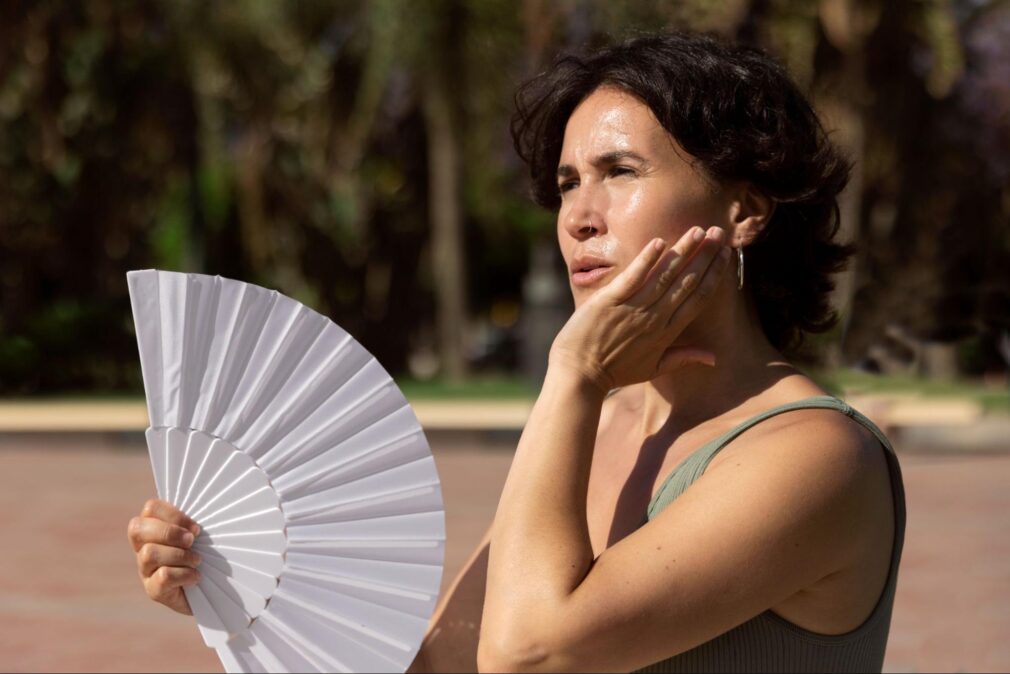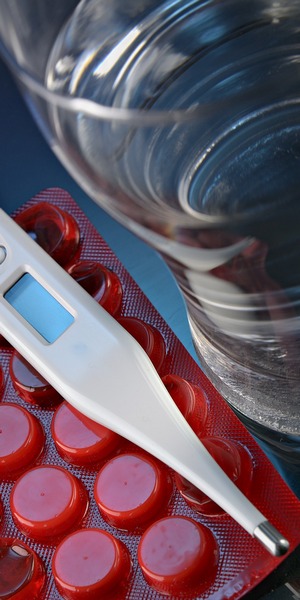Hot Weather Problems: Understanding Risks and Prevention Strategies

The summer sun blazing overhead brings with it the joys of outdoor activities and beach vacations. However, it is important to know that hot weather can also pose significant health risks. As temperatures rise in many parts of the world, it is important to understand the potential health problems associated with hot weather and to take the necessary precautions to keep yourself safe.
In this article, we’ll look at the various health risks associated with high temperatures and provide valuable tips to help you stay safe and healthy on sweltering summer days.
Heat Exhaustion and Heatstroke
Hot weather can lead to two severe conditions: heat exhaustion and heat stroke. Heat exhaustion occurs when the body becomes dehydrated and loses essential electrolytes due to profuse sweating. Symptoms include:
- Fatigue;
- Dizziness;
- Nausea;
- Palpitations;
- Profuse sweating.
If left untreated, heat exhaustion can develop into heat stroke, a life-threatening condition requiring immediate medical attention.
Heatstroke presents with symptoms such as high body temperature, confusion, headache, rapid breathing, and even loss of consciousness. Both conditions are more common in the elderly, children, and people with chronic illnesses. To prevent heat exhaustion and heat stroke, you should drink plenty of water, wear light and breathable clothing, avoid direct sun exposure during peak hours, and seek shade if necessary.
Dehydration and Electrolyte Imbalance
One of the major health problems associated with hot weather is dehydration. Sweating is the body’s natural cooling mechanism, but excessive sweating can lead to fluid loss, which leads to dehydration. When dehydration occurs, the body loses vital electrolytes such as sodium and potassium, which are critical to proper organ function.

Dehydration can cause symptoms such as the following:
- Dry mouth;
- Thirst;
- Fatigue;
- Dizziness;
- Dark urine.
In severe cases, confusion and palpitations occur. To combat dehydration, it is important to drink plenty of fluids, especially water, and to avoid sugary or alcoholic beverages, which can worsen dehydration. Eating foods high in water, such as fruits and vegetables, can also help maintain hydration levels.
Sunburn and Skin Damage
Exposure to intense sunlight without proper protection can lead to sunburn and long-term skin damage. Sunburn occurs when the skin is overexposed to ultraviolet (UV) radiation, resulting in redness, pain, and blistering. Long-term exposure to UV radiation can also increase the risk of developing skin cancer and accelerate the skin’s aging process.
Respiratory Issues and Air Quality
Hot weather can exacerbate respiratory problems and affect air quality. High temperatures can increase the concentration of pollutants and irritants in the air, making it difficult for people with respiratory conditions such as asthma or chronic obstructive pulmonary disease (COPD) to breathe normally.

In addition, hot and humid weather can cause allergic reactions and respiratory discomfort.
How to avoid health problems in hot weather
Hot weather can bring many health problems, but with proper precautions, you can protect yourself and enjoy the summer months. Here are some detailed tips to help you avoid health problems during hot weather:
- Stay hydrated: Hydration is critical to prevent dehydration, heat exhaustion, and heat stroke. Drink plenty of fluids throughout the day, even if you don’t feel thirsty. Water is the best choice, but you can also consume electrolyte-rich drinks, such as sports drinks, to replenish lost minerals. Avoid excessive consumption of caffeine and alcohol, as they can contribute to dehydration;
- Dress appropriately: Wear loose, lightweight and breathable clothing in light colors. Choose natural fabrics such as cotton or linen, which allow air to circulate and help perspiration evaporate. Protect your head and face with a wide-brimmed hat and wear sunglasses to protect your eyes from the sun’s harmful ultraviolet rays;
- Look for shade: Limit your exposure to direct sunlight, especially during peak hours between 10 a.m. and 4 p.m. While outdoors, seek shade under trees, umbrellas or canopies. This will help reduce the risk of sunburn and minimize heat stress to the body;
- Apply sunscreen: Protect your skin from harmful UV rays by using a broad-spectrum sunscreen with a sun protection factor (SPF) of 30 or higher. Apply it liberally to all exposed skin at least 20 minutes before going outdoors and reapply every two hours or more frequently if you sweat or swim;
- Plan outdoor activities wisely: If you have plans to go outdoors, try to schedule them in the early morning or late evening when temperatures are relatively cool. During intense heat, engage in moderate activity rather than vigorous exercise. Take frequent breaks in shaded areas and listen to your body’s signals to avoid overexertion;
- Create a cool environment: Make sure your living space allows you to get rid of the heat. Use fans or air conditioners to circulate cool air. If you don’t have access to air conditioning, visit public places, such as shopping malls or community centers, that are cooler during the hottest hours;
- Watch out for vulnerable people: Keep a close eye on infants, young children, the elderly, and people with chronic illnesses. They are more susceptible to heat-related health problems. Make sure they have water, coolness, and comfort. Encourage them to seek medical attention for any symptoms of heat-related illness;
- Eat light and nutritious foods: Choose light, easily digestible foods that include plenty of fruits and vegetables. These foods contain plenty of water and help keep you hydrated. Avoid heavy, fatty, and spicy foods, as they can increase metabolic heat production and make you feel more uncomfortable in hot weather;
- Don’t forget about medications: Some medications may increase your sensitivity to heat or affect your body’s ability to regulate temperature. Consult with your doctor or pharmacist to see if the medications you are taking may pose a risk in hot weather. Follow their recommendations to adjust dosages or take necessary precautions;
- Stay informed: Watch weather forecasts and warnings about heat waves in your area. Watch for temperature changes and take necessary safety precautions. Stay in touch with local news and emergency services for any heat-related warnings or directions.
Remember, prevention is key when it comes to avoiding health problems in hot weather. By following these detailed tips, you can protect yourself and enjoy the summer season while keeping your health and well-being a priority. Don’t get too cold, don’t overheat, and stay safe!
Conclusion
While enjoying the summer months, it’s crucial to prioritize your health and protect yourself from the potential risks associated with hot weather. Being aware of the various health problems that can occur, such as heat exhaustion, dehydration, sunburn, and respiratory illnesses, will help you take the necessary precautions to stay safe.
Remember to stay hydrated, wear appropriate clothing, use sunscreen, and seek shade if necessary. By following these tips, you can ensure that you have pleasant summer days while maintaining your health and well-being.







